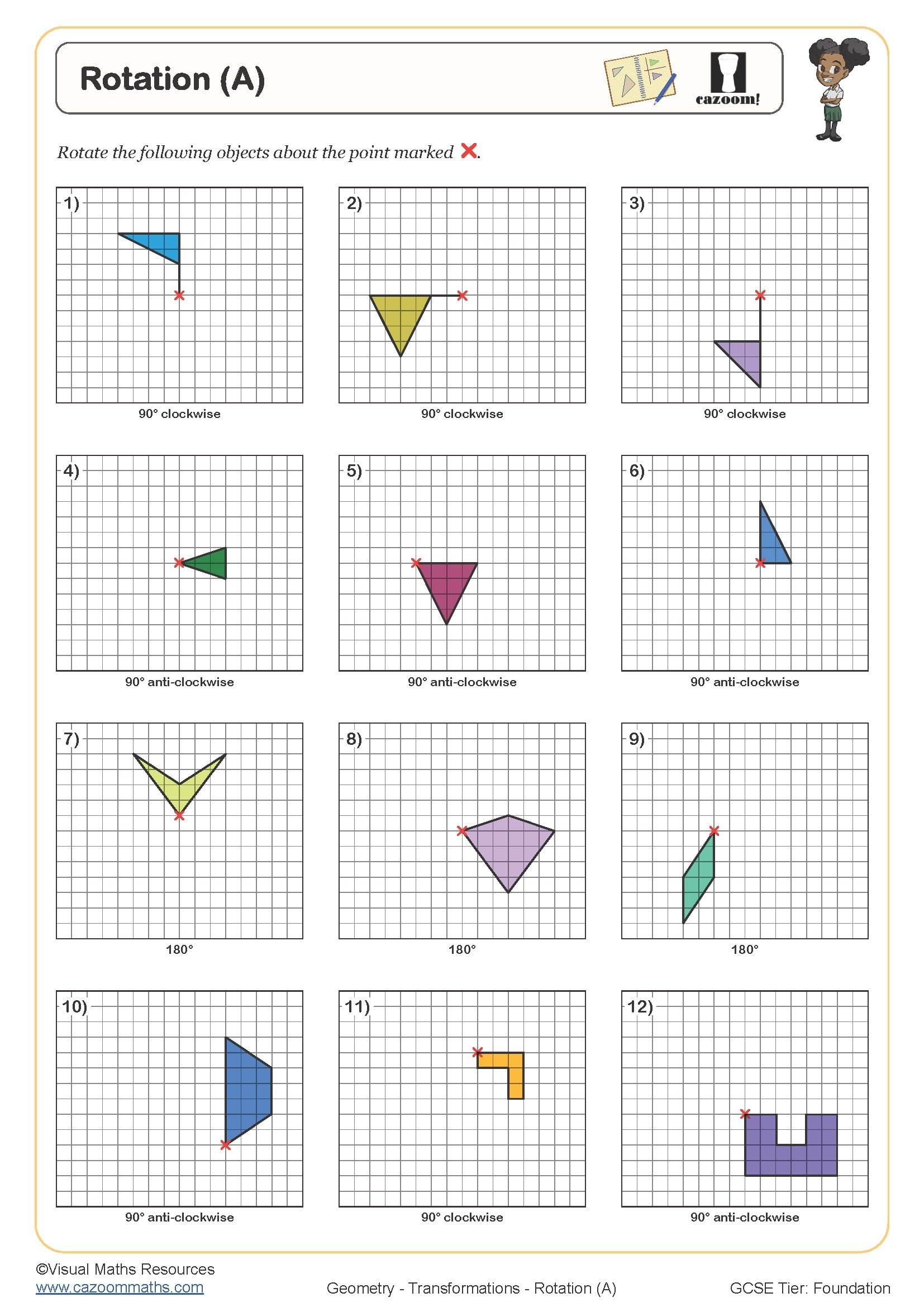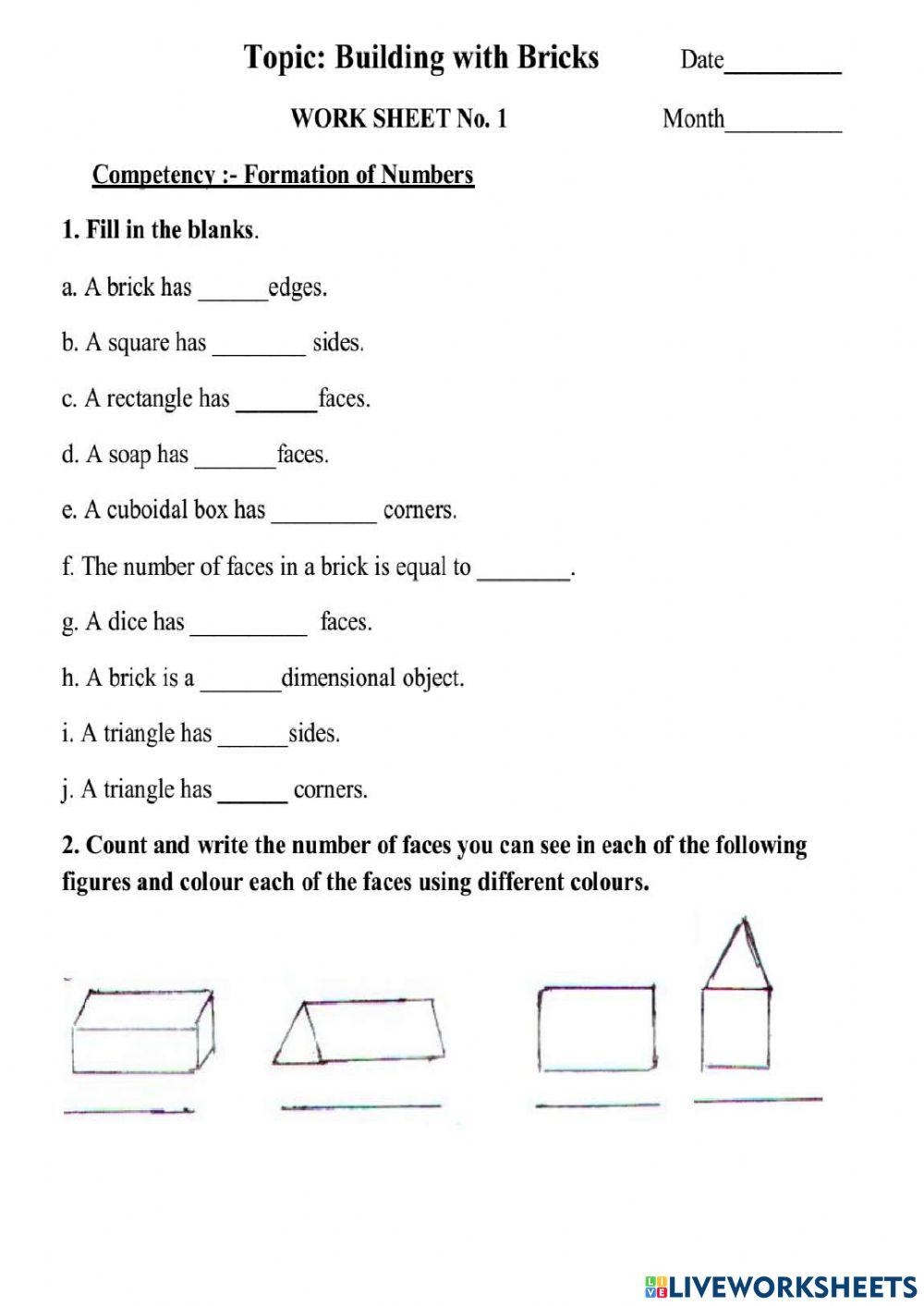If you’re a plant enthusiast looking to add some greenery to your space, you’ve probably come across the term “aeroponics.” But what exactly is aeroponics, and how can it benefit your plants?
In simple terms, aeroponics is a method of growing plants without soil. Instead of planting them in traditional pots or beds, plants are suspended in the air and sprayed with a nutrient-rich mist. This allows the roots to absorb nutrients directly, resulting in faster growth and healthier plants.
The Benefits of Aeroponics
One of the main advantages of aeroponics is its efficiency. Because plants receive nutrients directly to their roots, they can grow up to 50% faster than traditional soil-grown plants. This means you can enjoy a bountiful harvest in a fraction of the time.
Another benefit of aeroponics is its water-saving properties. Since plants are not sitting in soil, there is no risk of overwatering or underwatering. The nutrient mist is delivered in precise amounts, ensuring that plants get exactly what they need without wasting water.
Aeroponics also allows for maximum oxygenation of plant roots. In traditional soil-based growing methods, roots can become compacted and suffocated. With aeroponics, roots have access to ample oxygen, promoting healthy growth and preventing diseases.
Additionally, aeroponics is a space-saving option for urban gardeners or those with limited outdoor space. Because plants are grown vertically, you can maximize your growing area and harvest more plants in a smaller footprint.
In conclusion, aeroponics is a cutting-edge method of growing plants that offers numerous benefits. Whether you’re a seasoned gardener looking to experiment with new techniques or a beginner wanting to try your hand at gardening, aeroponics is worth exploring.



